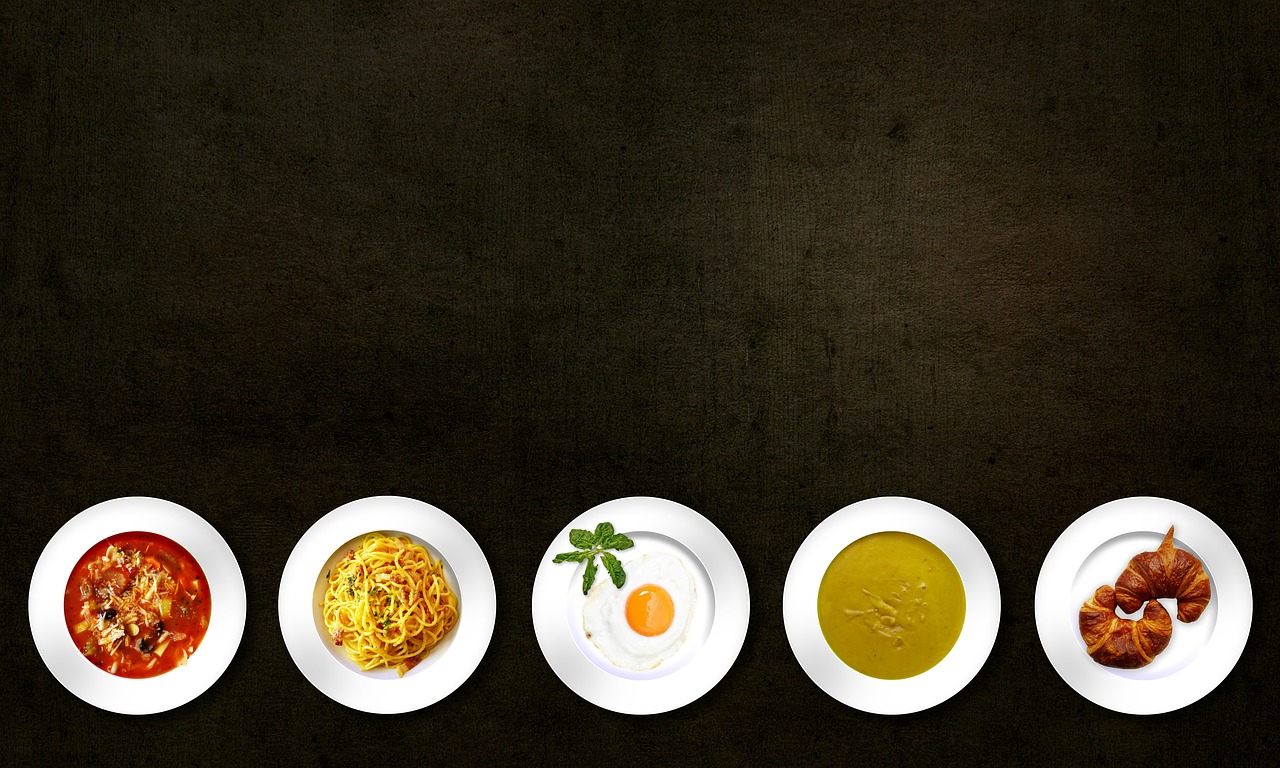The fashion for healthy eating continues at its best. One of its manifestations is the appearance of products in shops, about which until recently few people have heard. An excellent example is xylitol. The name sounds mysterious and has no association with a foodstuff. Meanwhile, xylitol is increasingly popular in Polish cuisines. Why is it worth to take an interest in and replace it with (at least partially) white sugar? Read.
What is xylitol?
Xylitol is a sugar alcohol which has a taste and consistency practically identical to that of ordinary crystalline sugar. It is a bit sweeter, however, and after eating it, the mouth remains pleasantly cool. If you do not know that you have been given xylitol, it would be very difficult for you to feel that it is not white sugar.
Very often there is an alternative term for xylitol: birch sugar. The reason for this was that the delicacy was originally sourced from the bark of the birch tree. Nowadays, however, producers increasingly choose other methods and obtain xylitol mainly from maize.
Why is it worth replacing white sugar with xylitol?
Because birch sugar is much healthier. First of all, it contains 40% less calories, so it is an ideal choice for people on a diet who cannot give up sweetening coffee or tea.
More importantly, from a health point of view, the glycemic index of xylitol is as much as fourteen times lower than that of sucrose. That is why the inclusion of xylitol in the diet is recommended for diabetics. Eating birch sugar does not cause sudden insulin throwing, which helps to reduce appetite.
Xylitol is not free from defects
You have to be aware that xylitol is not a dietary miracle, which you can reach without any control. Some people simply react badly to it. Xylitol, among other things, favours diarrhoea and flatulence, and has an excessive laxative effect. Therefore, the recommended daily dose should not exceed 15 g (three tea spoons).
In addition, xylitol is simply expensive. Its price is several times higher than that of white sugar, which makes it rather difficult to expect mass popularization of this product in American cuisines. However, it is definitely worth to take an interest in this product and at least try to replace it with white sugar for tea, coffee or even baked goods.
Xylitol very healthy substitute for white sugar
